What Forms Do I Need to File Taxes?
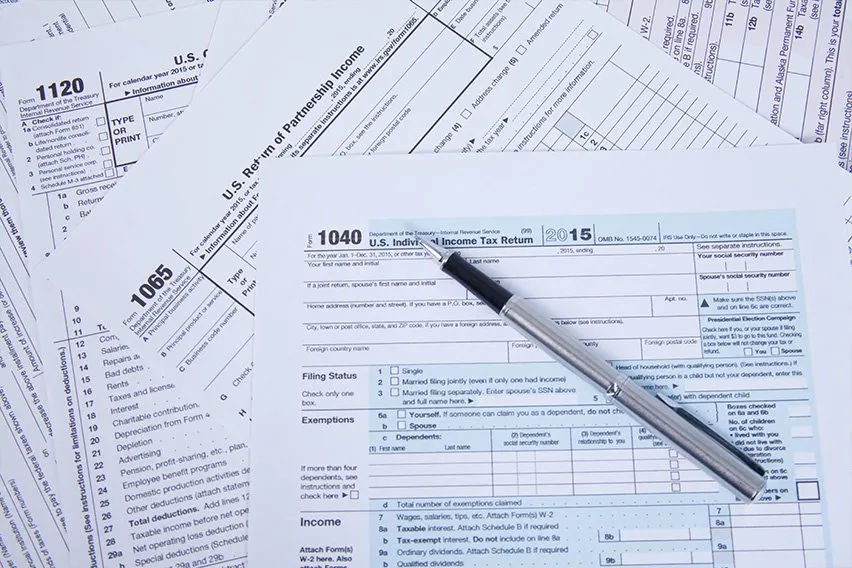
Tax season can be a stressful time if you’re unprepared. Before you sit down with your accountant or in front of your tax software, make you sure you have organized the right tax forms to get you on your way.
If you are having an accountant file your taxes, they should know what forms you need to file but it is your responsibility to look for the forms in the mail and bring them with you when you meet with your accountant. If you use tax software, the process should ask for specific forms.
However, if you receive an unexpected form after you’ve filed, you will have to amend your return and that will cost you.
So, make sure you have accurate and complete information before you file your taxes. While the forms you need will depend on your specific situation, here is a list to get you started:
W-2
If you’re an employee who earned more than $600, you’ll get a W-2 from your employer. You will need one of these for each job you have worked in the tax year. It shows the wages you’ve earned and taxes you have paid over the taxable year. Be sure your employer has your current address on file so you receive this form.
If you have worked as an independent contractor, you will not receive a W-2 form because you are responsible for paying your own payroll taxes.

1099 or W9 Forms
If you earned income from another source other than your employers over the last taxable year, you will need to file a 1099 form.
There are several different types of 1099 forms and they are all labeled differently. If you earned more than $600 as an independent contractor, you will need to file a 1099 but that will be a different 1099 that is also required for dividends earned from your stock portfolio.
1099 are also required if you received government payouts like unemployment, made withdrawals from a taxable retirement account or if you had a debt cancellation.
Independent contractors who made at least $600 during the fiscal year will need to provide the person paying them with a W-9 form. This form is crucial for accurately reporting income to the IRS and ensuring tax compliance. To learn more about the W-9 form and its essential role for independent contractors in the tax reporting process, follow our guide on what is a W9 form.
Keep a list of places that you should receive tax forms from and cross them off your list when you receive the form to stay organized.
1098 Forms for Interest Deductions
To claim a deduction on your mortgage interest, you will need a Form 1098. With this form, you can deduct any mortgage interest you paid in the last year which will reduce your taxable income. You will only need this form if you paid at least $600 in mortgage interest last year.
You may need a Form 1098-E if you have student loans or paid tuition as this allows you to deduct any student loan interest you’ve paid. A 1098-T allows you to report any tuition payments you made and you might get a tax credit for it.
This article will also discuss:
What Documents Are Needed for Taxes?
How Long Does It Take to File Taxes?
What Documents Are Needed for Taxes?
Every tax season you will need to accumulate the right documents to take to your accountant to file your taxes. The list below might look long but don’t worry everything on this list applies to every taxpayer.
When you’re filing your taxes make you may need the following documents.
- Social security number
- Income-related documents
- Form W-2 (wage and salary income)
- Form W-2G (gambling winnings)
- Form 1099-A (foreclosure of a home)
- Form 1099-B (sales of stock, bonds, or other investments)
- Form 1099-C (canceled debts)
- Form 1099-DIV (dividends)
- Form 1099-G (state tax refunds and unemployment compensation)
- Form 1099-INT (interest income)
- Form 1099-K (business or rental income processed by third-party networks)
- Form 1099-LTC (benefits received from a long-term care policy)
- Form 1099-MISC (self-employment and other various types of income)
- Form 1099-OID (original issue discount on bonds)
- Form 1099-PATR (patronage dividends)
- Form 1099-Q (distributions from an education savings plan)
- Form 1099-QA (distributions from an ABLE account)
- Form 1099-R (distributions from individual retirement accounts, 401(k) plans, and other types of retirement savings plans)
- Form 1099-S (proceeds from the sale of real estate)
- Form 1099-SA (distributions from health savings accounts)
- Form SSA-1099 (Social Security benefits)
- Form RRB-1099 (Railroad retirement benefits)
- Schedule K-1 (income from partnerships, S corporations, estates, or trusts)
- Expense related documents
- Form 1097-BTC (bond tax credit)
- Form 1098 (mortgage interest)
- Form 1098-C (charitable contribution of vehicles)
- Form 1098-E (student loan interest)
- Form 1098-MA (homeowner mortgage payments)
- Form 1098-T (tuition for higher education)
- Business expenses (summarized by type and amount)
- Child care expenses (summarized by provider and amount)
- Gambling losses
- Medical expenses
- Moving expenses
- Personal property tax, such as car registration paid
- Real estate tax bills
- Realized gain/loss report for any stocks, bonds, mutual funds and other capital investments sold during the year
- Receipts or acknowledgment letters for gifts to charity
- Rental expenses (summarized by property, type, and amount)

How Long Does It Take to File Taxes?
It takes about 13 hours for the average taxpayer to do their return, according to IRS. That time includes time for recording keeping, tax planning, for submission and other activities and is, of course, dependent on how you’re filing and what tax forms you are using. That time may also vary if you own a business or not. For small business owners, the process can be more time-consuming due to the complexities of small business tax filing. To streamline your process, check our video guide, which breaks down the tax form structure and filing steps. Non-business filers may only take up to 8 hours to complete their taxes while business owners spending about 24 hours filing their taxes.
Certain forms also take longer to file. For example, depending on the complexity of your taxes, the total preparation time can vary from and average of five hours for a 1040-EZ to an average of 16 hours for a standard 1040 form.
RELATED ARTICLES

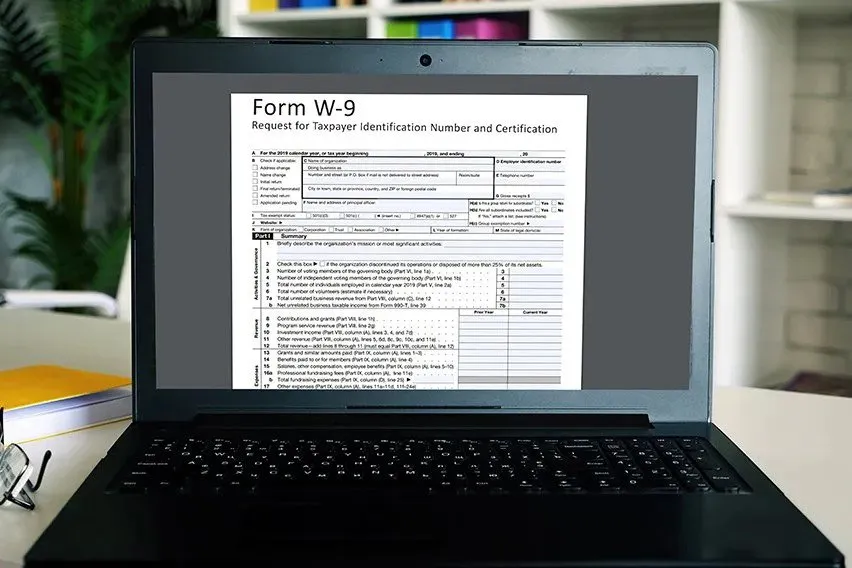 How to Fill Out a W9: Step-by-Step Guide for 2025
How to Fill Out a W9: Step-by-Step Guide for 2025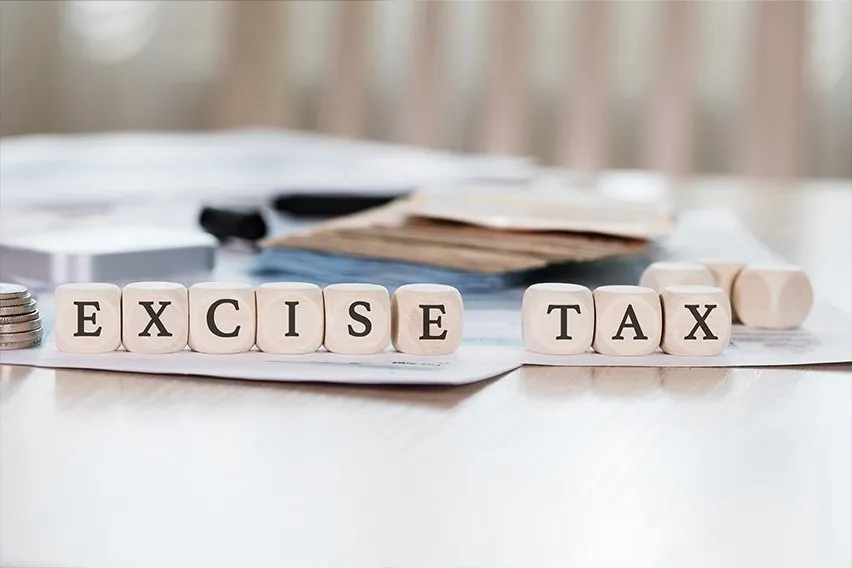 What Is an Excise Tax?
What Is an Excise Tax?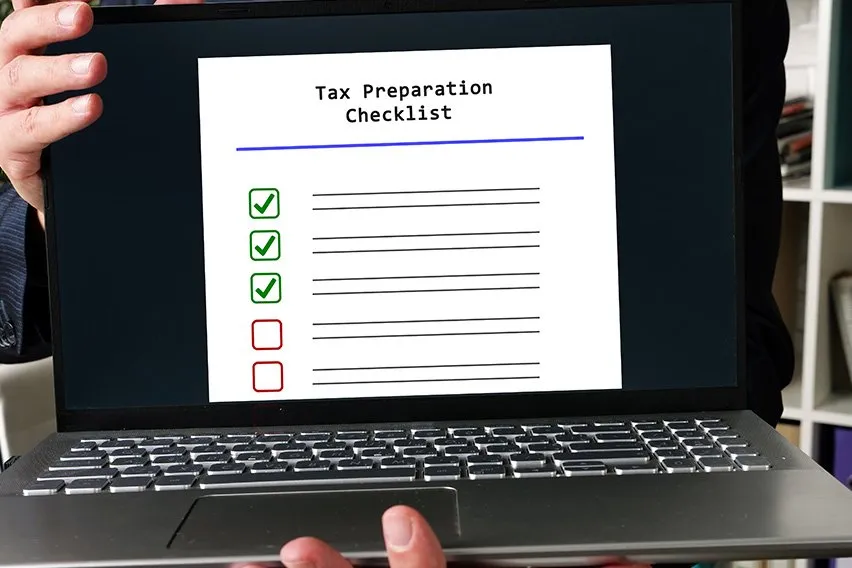 Tax Preparation Checklist: Information You Need Before Filing Taxes
Tax Preparation Checklist: Information You Need Before Filing Taxes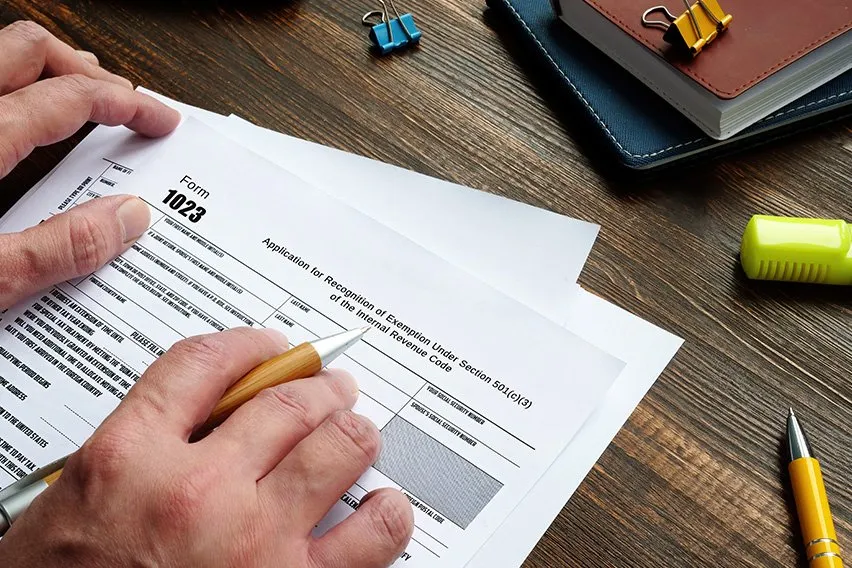 Requirements for Tax Exemption: Tax-Exempt Organizations
Requirements for Tax Exemption: Tax-Exempt Organizations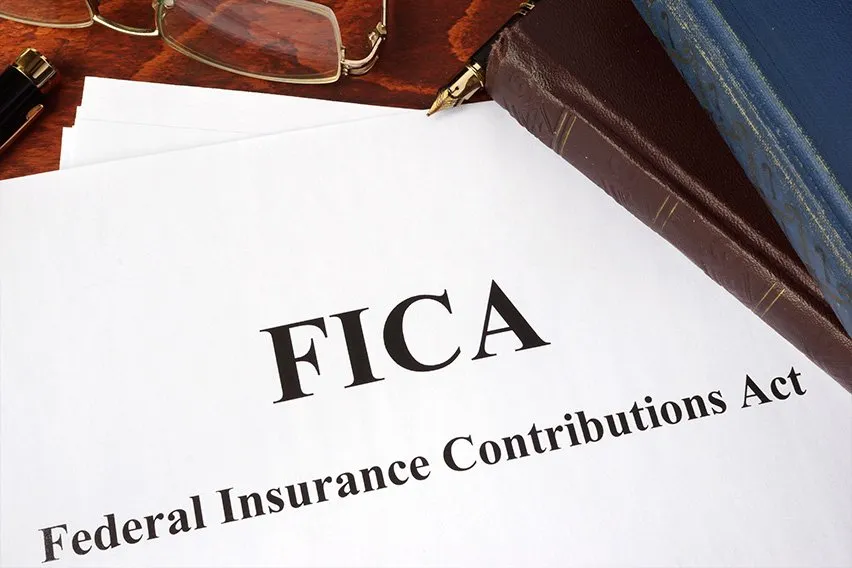 What Is FICA Tax? Understanding Payroll Tax Requirements
What Is FICA Tax? Understanding Payroll Tax Requirements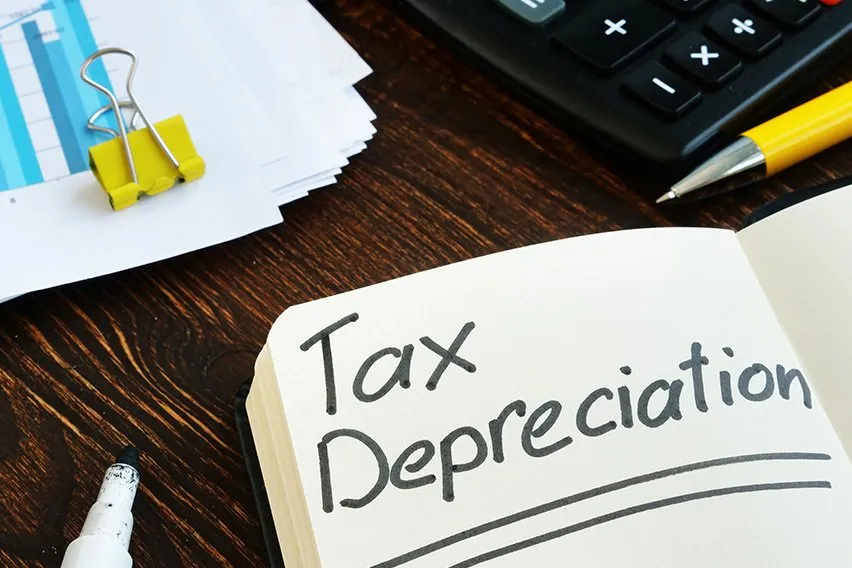 Tax Depreciation: The Impact of Depreciation on Taxes
Tax Depreciation: The Impact of Depreciation on Taxes